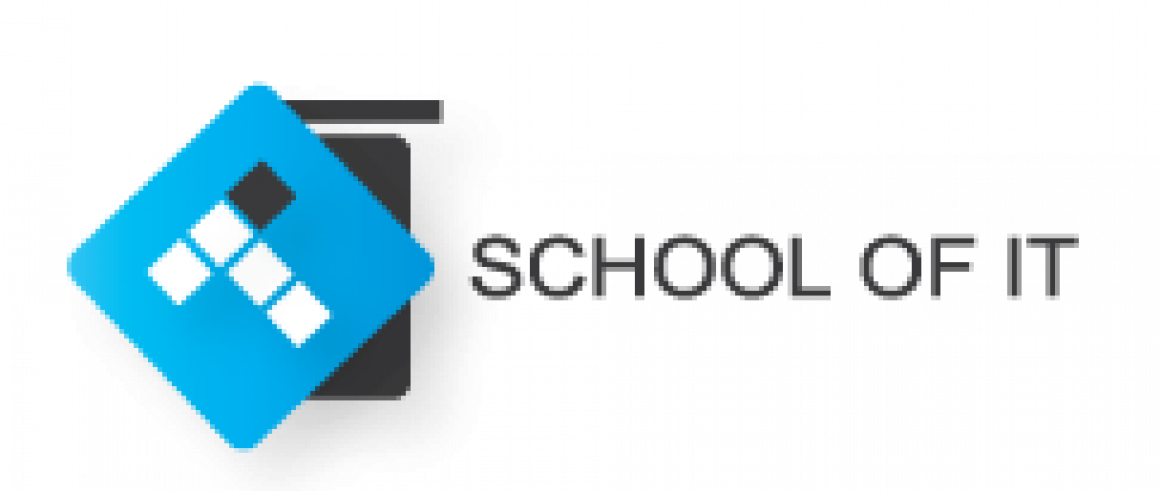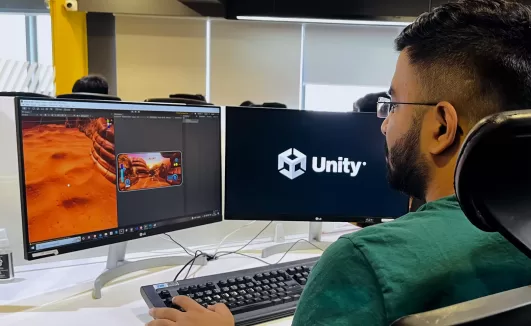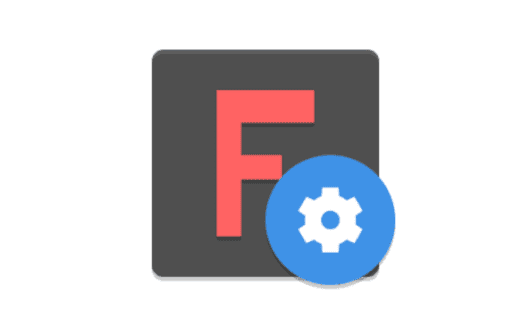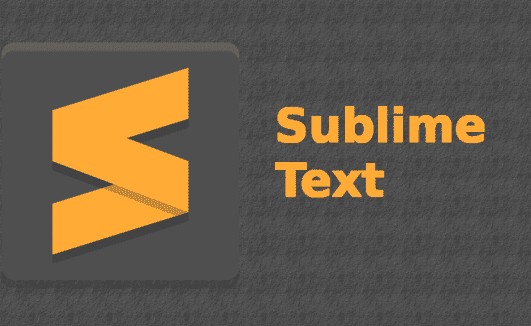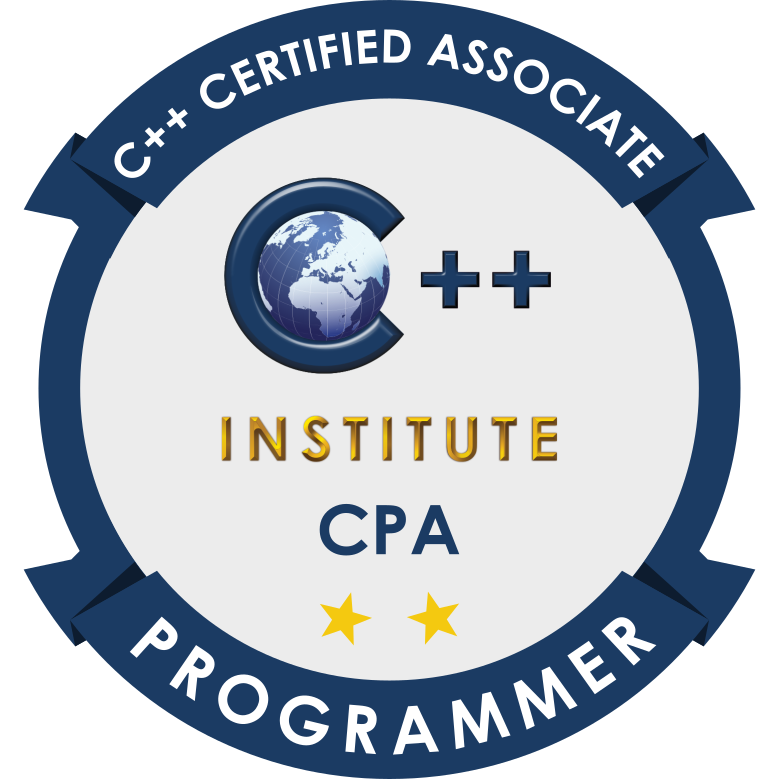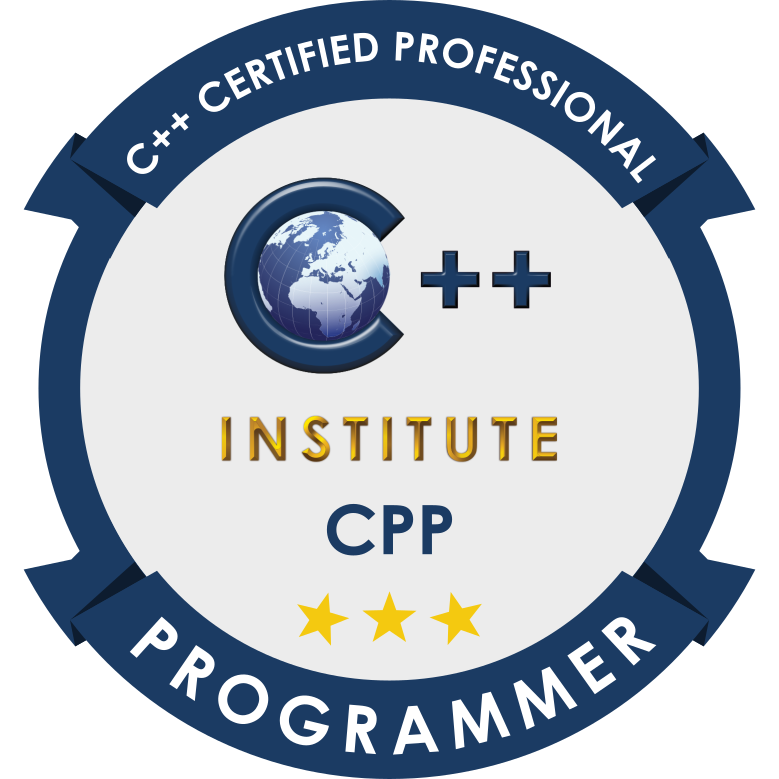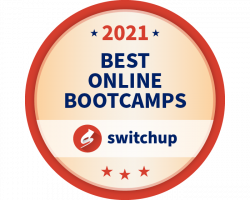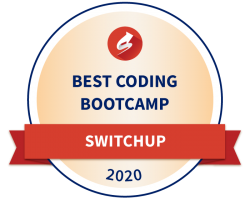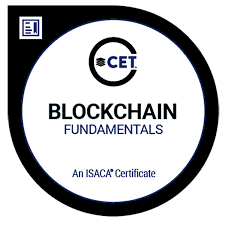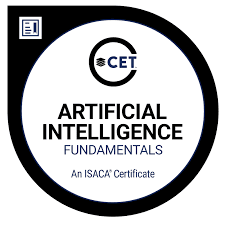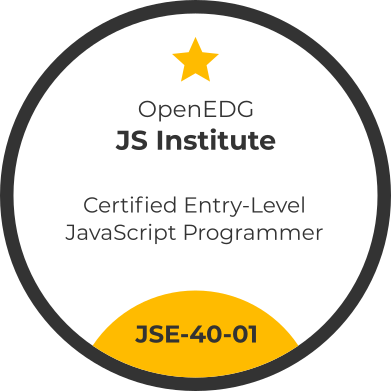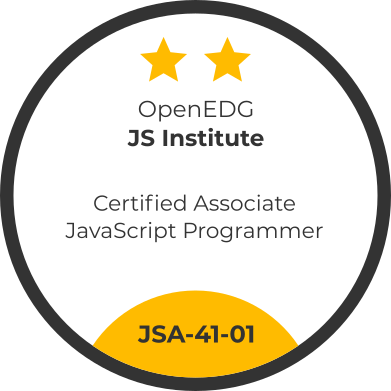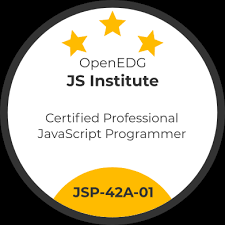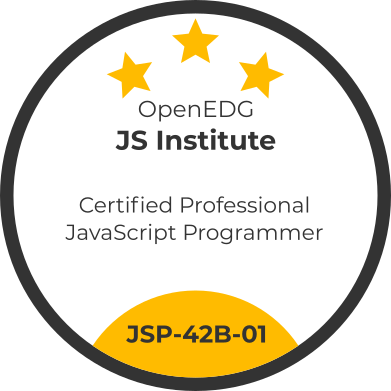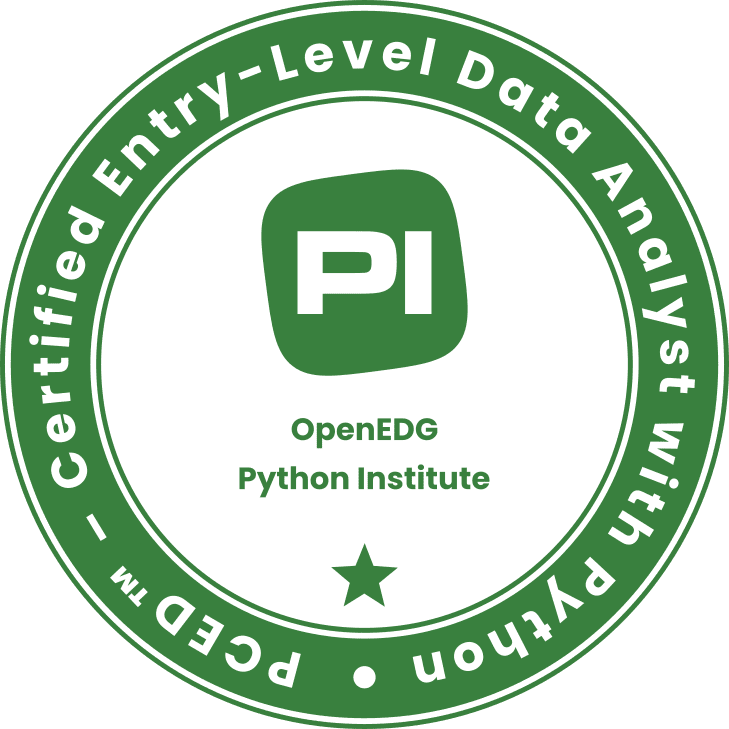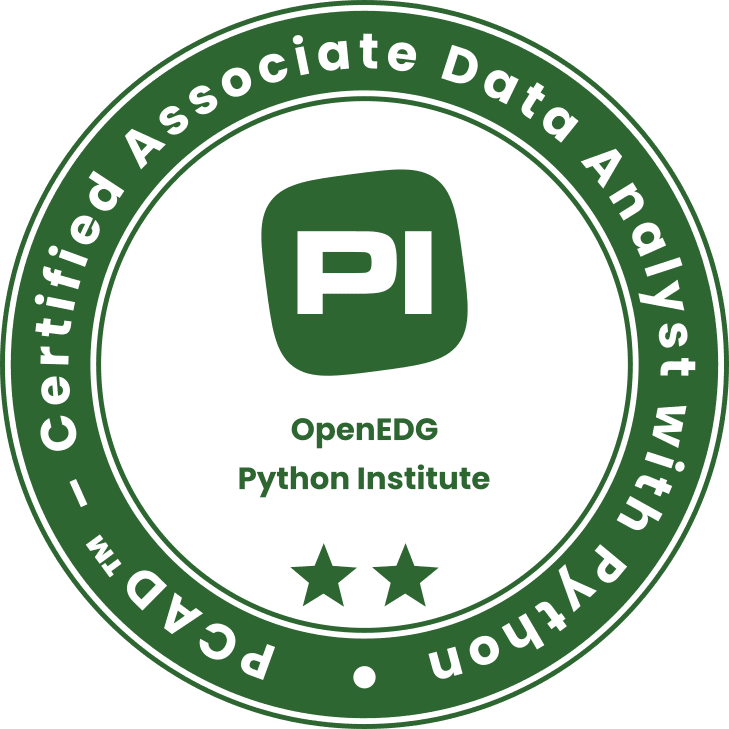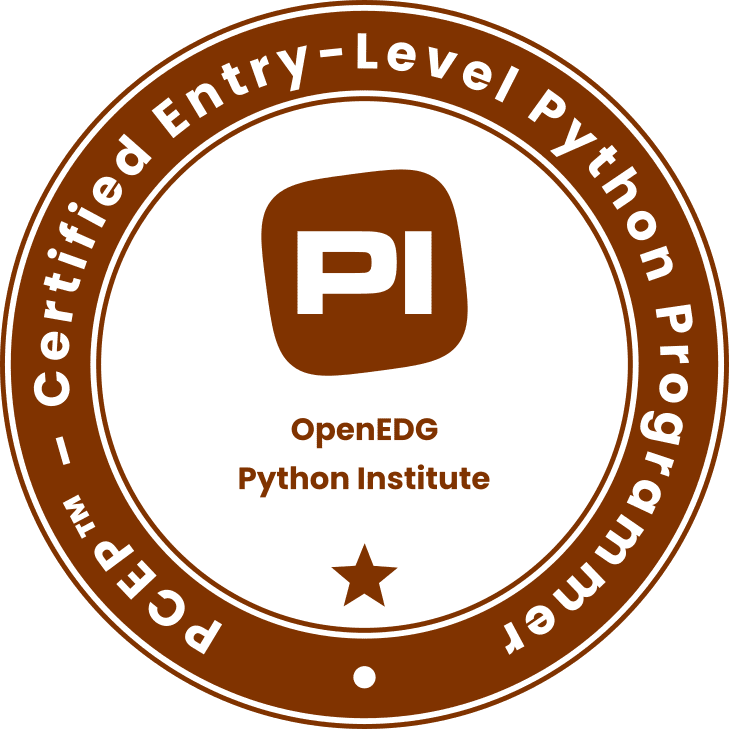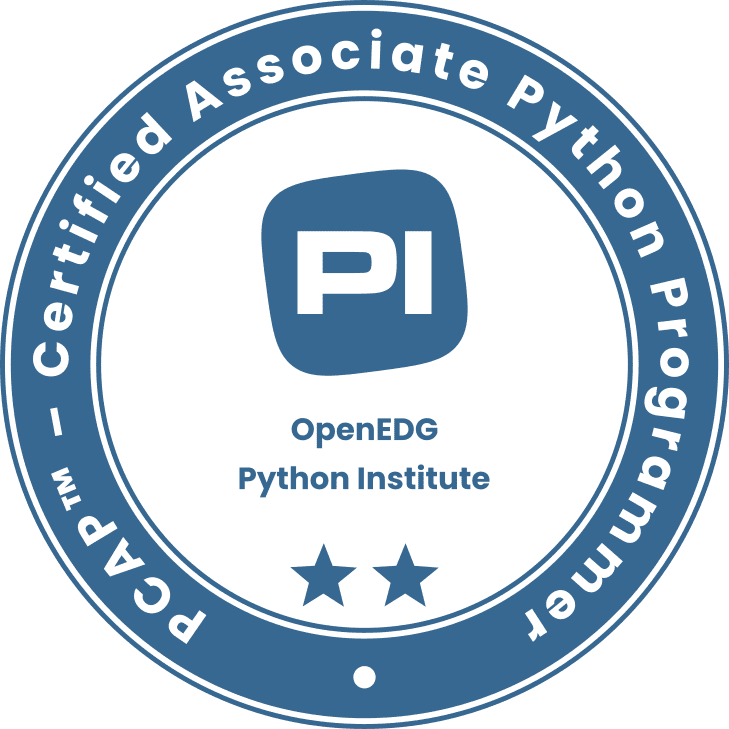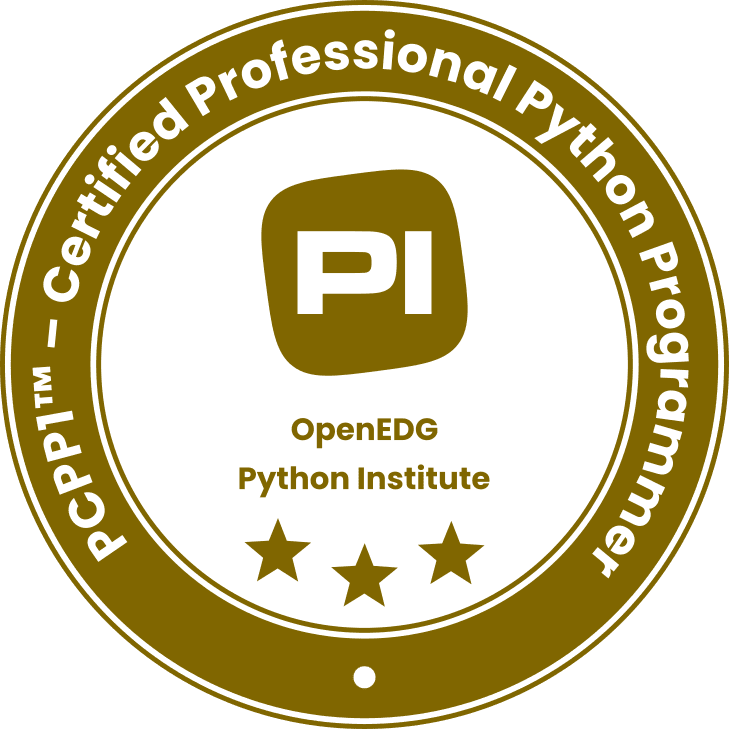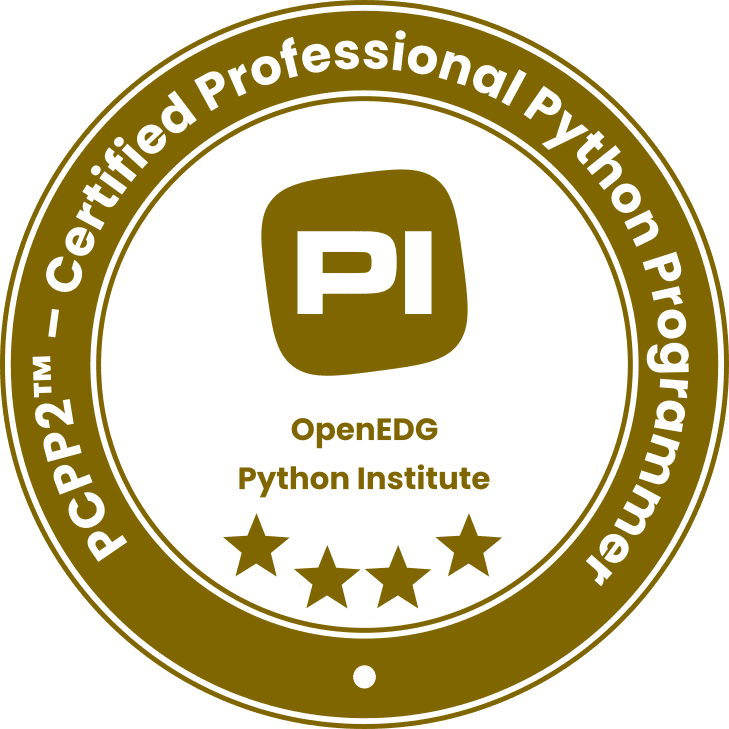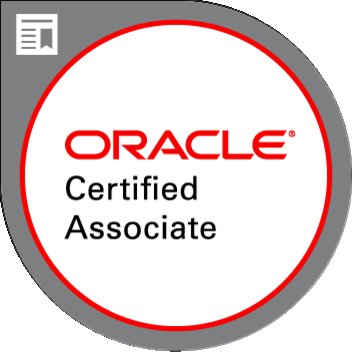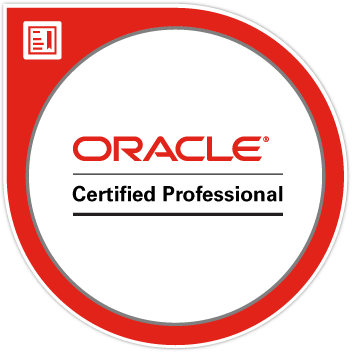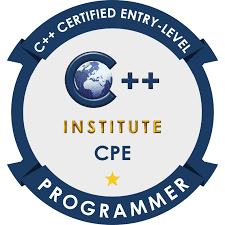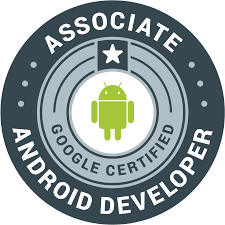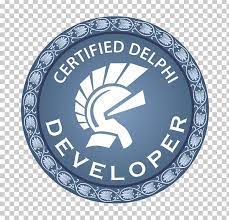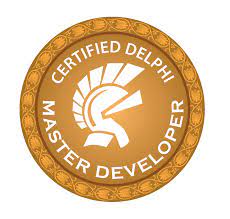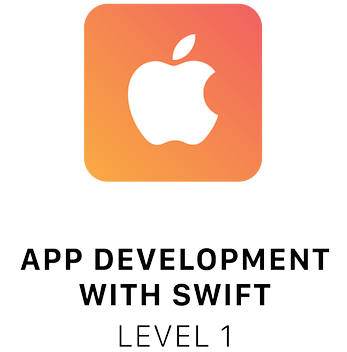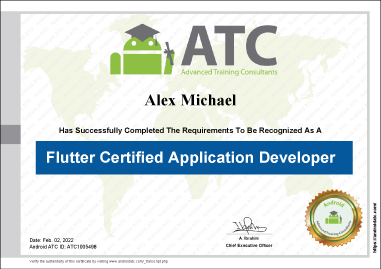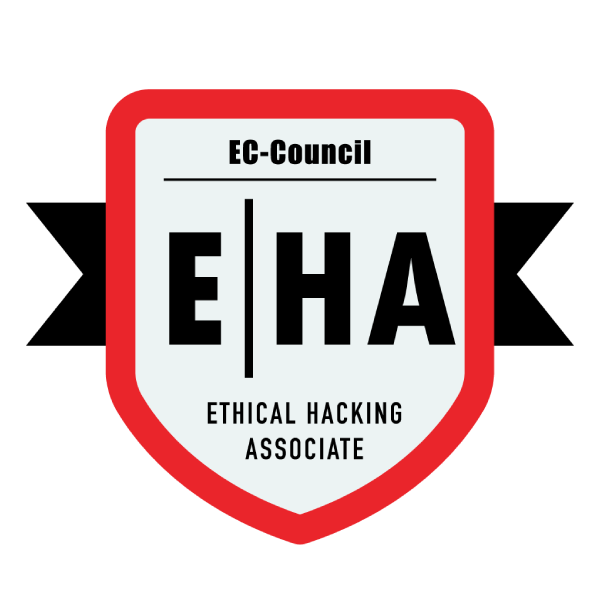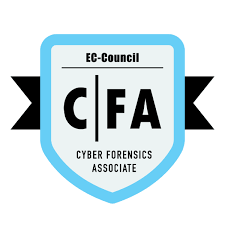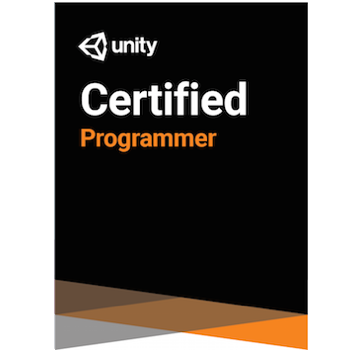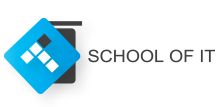C++ Courses
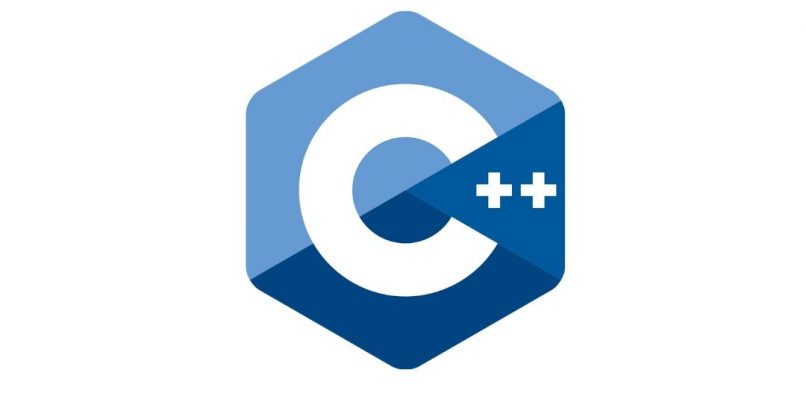
C++ Courses
July 13, 2024 No Comments on C++ Courses
Get Internationally Accredited & Recognized
C++ Courses
Questions to ask yourself about the C++ Courses.
Is C++ programming in demand? – Yes very HIGHLY. There’s a real shortage of C++ developers in the workplace. Thus creating a massive demand for our C++ courses. The top 3 jobs in South Africa today is software development (C++). C++ is among the most in-demand programming languages on the job market, depending on whose numbers you look at. The C++ programming language has been around for nearly 40 years!
Is what I learn relevant and of value? – Most definitely and it’s current, up to date IDE’s (Visual Studio) and tools. Furthermore you learn from experienced C++ developers/lecturers and strong C++ content.
Can I get a job as a C++ developer after? – Definitely yes, get a job easier by getting Internationally accredited and recognized by writing your CPA or Microsoft exam/s:
Why learn C++?
The C++ programming language was developed by Bjarne Stroustrup at Bell Labs in the 1980s, and was originally named “C with classes”. The language was planned as an improvement on the C programming language, adding features based on object-oriented programming. Thus at School of IT the C++ programming course is designed for you to learn C++ practically by building a practical portfolio of relevant industry projects. At School of it we offer:
- An intro C++ course (for the fundamentals),
- An advanced C++ course (more intermediate and advanced C++ concepts),
- A Software Development course in C++ (which includes intro, intermediate and advanced C++ concepts).
- Software Engineering course in C++ and 1 other programming language (which includes intro, intermediate and advanced of the 2 programming languages).
Learn C++ anytime, anywhere!
Overall learn C++ anytime and anywhere. We have 3 training options and we have award-winning coding courses. In turn identify and implement client side and integration technologies. Thus learn how to create and manage your own C++ applications.
Part-Time
Fast forward your career in the IT industry with a part-time C++ courses at School of IT. All in all the Part-time courses allow working professionals to transition into a new skill set while working. In turn at School of IT we are agile and can customize a C++ course to the individual. Start anytime and choose your hours!
Full Time
Are you ready to start a career in IT? In turn learn to code in C++ as a full time student at School of IT. Thus beginning your career as a C++ developer. Start anytime and manage your own contact hours with your mentor!
High School
In addition prepare for the future by learn to code in C++ while you’re still in high school. Have the option to get internationally accredited and recognized before you even finish school!
Corporate
All in all upskill yourself or your company by learning to code while you’re working. Thus no matter where you are, you can upskill yourself and get internationally accredited and recognized in under 6 months!
Here's a course syllabus for a 20-hour introductory C++ programming course:
Course Overview
This 20-hour course is designed to introduce beginners to C++ programming. By the end of this course, students will have a solid foundation in C++ syntax and programming concepts, and be able to create simple programs and applications.
| Class | Topic |
| Class 1 | Introduction to C++ |
| Class 2 | Variables and Data Types |
| Class 3 | Operators and Expressions |
| Class 4 | Control Statements |
| Class 5 | Error Handling |
| Class 6 | Functions |
| Class 7 | Arrays and Strings |
| Class 8 | Pointers and References |
| Class 9 | Object-Oriented Programming |
| Class 10 | Classes and Objects |
| Class 11 | Final project |
Here's a breakdown of each class:
Class 1: Introduction to C++
- Overview of the course and its objectives
- Explanation of the C++ programming language and its uses
- Installation and setup of C++ on your computer
- Running your first C++ program
- Introduction to C++ syntax
- Basic input/output in C++
- Exercises and homework
Class 2: Variables and Data Types
- Recap of previous class
- Declaring and initializing variables in C++
- Different types of data in C++: fundamental and compound
- Type conversion in C++
- Understanding the scope of variables
- Exercises and homework
Class 3: Operators and Expressions
- Recap of previous class
- Different types of operators in C++: arithmetic, relational, logical, bitwise, and assignment
- Order of precedence in C++
- Understanding expressions in C++
- Exercises and homework
Class 4: Control Statements
- Recap of previous class
- Conditional statements in C++: if, else-if, else
- Loops in C++: for, while, do-while
- Nested loops in C++
- Iteration and range function
- Exercises and homework
Class 5: Error Handling
- Recap of previous class
- Understanding the concept of exceptions
- try-catch block and exception handling
- Custom exceptions and exception hierarchies
- Debugging techniques and tools
- Exercises and homework
Class 6: Functions
- Recap of previous class
- Writing functions in C++
- Parameters and arguments in functions
- Return statements in functions
- Function overloading in C++
- Exercises and homework
Class 7: Arrays and Strings
- Recap of previous class
- Creating and initializing arrays in C++
- Accessing and modifying array elements
- Using arrays in loops
- Strings in C++
- Exercises and homework
Class 8: Pointers and References
- Recap of previous class
- Introduction to pointers and references in C++
- Pointers and arrays
- Dynamic memory allocation
- Pointers to pointers
- Exercises and homework
Class 9: Object-Oriented Programming
- Recap of previous class
- Introduction to object-oriented programming in C++
- Abstraction, encapsulation, inheritance, and polymorphism
- Using access modifiers in classes
- Understanding constructors and destructors
- Exercises and homework
Class 10: Classes and Objects
- Recap of previous class
- Creating classes and objects in C++
- Object initialization and destruction
- Member functions and data members
- Accessing class members using dot and arrow operators
- Exercises and homework
Class 11: Final Project
- Recap of previous classes
- Final project assignment and instructions
- Working on the final project in class
- Submission and presentation of final project in class
That's it! I hope this syllabus and breakdown help you in planning your course. Good luck learning C++ programming!
Note: The above syllabus is tentative and may be modified as per the instructor's discretion.
Here's a course syllabus for a 20-hour Advanced C++ programming course:
Course Overview
| Class | Topics |
|---|---|
| 1 | Advanced C++ concepts: templates, namespaces, and the Standard Template Library (STL) |
| 2 | Advanced classes: inheritance, polymorphism, and virtual functions |
| 3 | Memory management: pointers, smart pointers, and memory allocation |
| 4 | Operator overloading: creating custom operators |
| 5 | Input/output: file handling, streams, and formatting |
| 6 | Templates and generic programming: template classes and functions, generic programming techniques |
| 7 | Advanced algorithms: sorting, searching, and graph algorithms |
| 8 | Concurrency: multithreading, synchronization, and parallel programming |
| 9 | Debugging and testing: debugging techniques, unit testing, and test-driven development |
| 10 | Advanced topics: move semantics, perfect forwarding, and lambda expressions |
| 11 | Final project: students will work on a final project, applying the skills and concepts learned throughout the course |
Class 1: Advanced C++ concepts
- Review of C++ basics
- Templates and generic programming
- Namespaces
- Standard Template Library (STL)
- Exercises and homework
Class 2: Advanced classes
- Inheritance and polymorphism
- Virtual functions
- Abstract classes and interfaces
- Virtual destructors
- Exercises and homework
Class 3: Memory management
- Pointers and references
- Dynamic memory allocation and deallocation
- Smart pointers
- Memory leaks and memory safety
- Exercises and homework
Class 4: Operator overloading
- Overloading arithmetic and comparison operators
- Overloading the subscript and function call operators
- Creating custom operators
- Exercises and homework
Class 5: Input/output
- File handling
- Streams and formatting
- Console input/output
- String streams
- Exercises and homework
Class 6: Templates and generic programming
- Template classes and functions
- Generic programming techniques
- Type deduction and type traits
- Exercises and homework
Class 7: Advanced algorithms
- Sorting algorithms: bubble sort, selection sort, insertion sort, quicksort, mergesort
- Searching algorithms: linear search, binary search
- Graph algorithms: depth-first search, breadth-first search, Dijkstra's algorithm
- Exercises and homework
Class 8: Concurrency
- Multithreading
- Synchronization
- Parallel programming with OpenMP
- Thread safety and race conditions
- Exercises and homework
Class 9: Debugging and testing
- Debugging techniques: breakpoints, watches, stack trace
- Unit testing: testing frameworks, test suites, test cases
- Test-driven development
- Exercises and homework
Class 10: Advanced topics
- Move semantics and perfect forwarding
- Lambda expressions and closures
- Variadic templates and parameter packs
- Exercises and homework
Class 11: Final project
- Students will work on a final project, applying the skills and concepts learned throughout the course
- Project ideas will be provided, but students are also encouraged to come up with their own project ideas
- Students will present their projects in the final class of the course
Note: The above syllabus is tentative and may be modified as per the instructor's discretion.
By the end of the Software Development course students will have usable knowledge of the following:
- Intro C++ Course objectives.
- Intermediate C++ Course objectives.
- Advanced C++ Course objectives.
- Project & test.
Note: The above syllabus is tentative and may be modified as per the instructor's discretion.
By the end of the Software Engineering course (C++ + 1 other programming language of choice), students will have usable knowledge of the following:
- Intro C++ Course objectives.
- Intermediate C++ Course objectives.
- Advanced C++ Course objectives.
- Project & test.
- Intro of programming language 2 (your choice) fundamentals
- Intermediate programming language 2.
- Advanced programming language 2 objectives.
- Project & test.
Note: The above syllabus is tentative and may be modified as per the instructor's discretion.
- An Intro to programming course price is R13900 for 10 hours.
- Advanced programming course price is R15900 for 20 hours.
- A Software Development course price is R28800 for 2 months/40 hours.
- A Software Engineering course price is R43600 for 4 months/80 hours.
Prerequisites
No prior requirements needed, maths is recommended.Who Should Attend this Programming Training Course?
The intro course is intended for programmers who need to write or maintain scripts in c++. These courses are suitable for beginner programmers who may have little, to no in-depth knowledge of programming. All the programming courses start from beginner level (accept the advanced c++ course)C++ Programming Course Overview
The C++ programming language was developed by Bjarne Stroustrup at Bell Labs in the 1980s, and was originally named "C with classes". The language was planned as an improvement on the C programming language, adding features based on object-oriented programming.What's included in this Programming Training Course?
Courseware- Ebooks
- Professional notes
- IDE - Visual Studio or lastest ide
- International exam resources and how to book the international exam/s.
- Interactive software
- Proposed Schedule
Job Opportunities
The career prospects for C++ programmers are excellent and high in demand. C++ is everywhere: on all platforms and devices and in all countries around the world!
